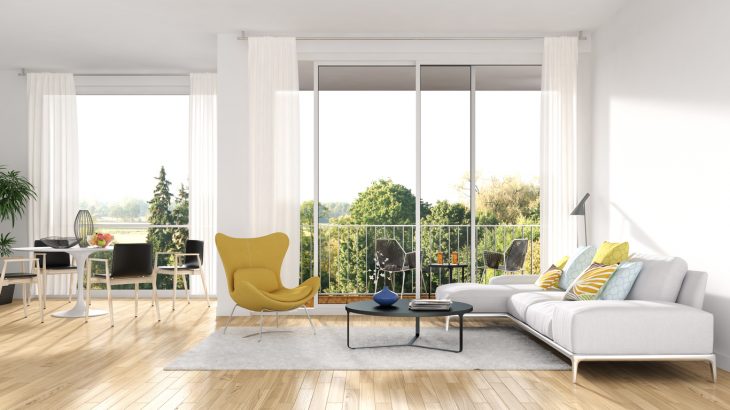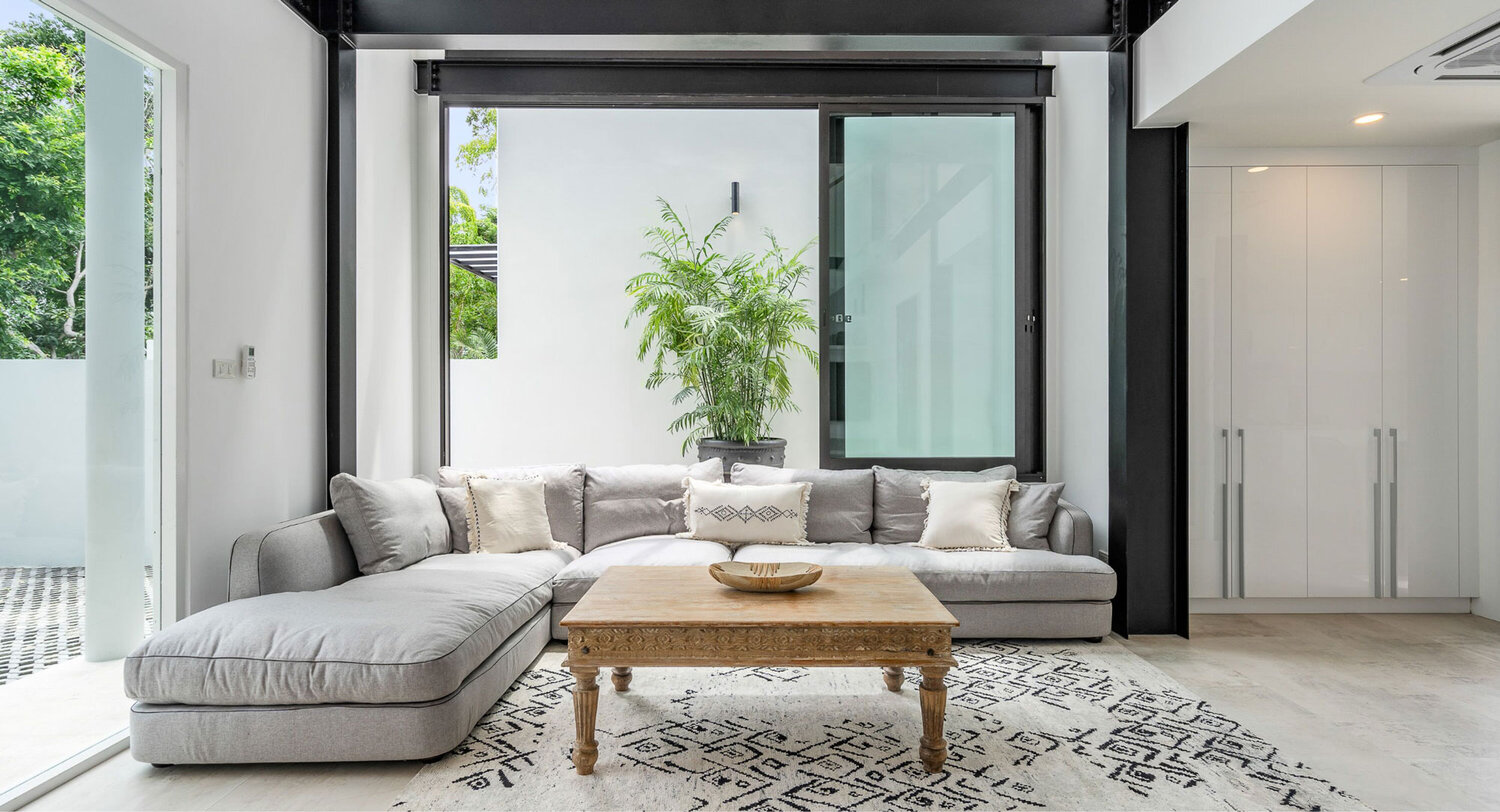The True Secret Elements of Interior Designing
Interior designing is undoubtedly an artwork just as much as it is a technology. The balance of attractive shapes together with the visual accuracy and precision of factors can make it an ideal method to permit any living area articulate volumes of classiness and luxury. Designing your interior allows every space and part decorate an aesthetically pleasing really feel whilst servicing the best goal. Using the expert technique of the best interior design organization, you happen to be certain of any makeover which will suffice your desires of your aspiration property and allow you to treasure the delights coming from a graceful house. Interior designing is dependent on a number of key elements that establish the whole ethos of the method and are becoming put into practice since age ranges. Allow us to discover these components at length to acquire understanding of tips to get elegant look for our interiors whilst receiving the best functionality through the kind.
The identical will follow:
Area
Room refers to the region that is certainly enclosed inside the specific restrictions the walls create. Each little ability in your interior constitutes this place and it also works as an empty material for knowing the distinctive patterns and concepts that occupy our mind. Space could be decorated, still left unfurnished or bad and works as the basis to support almost every other part of interior designing. Creativity in design can play a major role in employing the very best of the accessible place and completely boost the appearance of points. The secret to success would be to make sure you the attention although managing the objective of the placement. One must be functional although utilizing the place and take benefit from every detail that will boost the ergonomics to make the stay as secure as could be.

Lighting
There is not any buy to preserve whilst going over the elements of interior design. Nonetheless, it can be lighting that generally follows place. It is not necessarily merely the normal lights nevertheless the background or artificial lighting effects too. Every part of the living space demands a mild of certain high intensity and tone. Thus to provide these visible desires, the location and intensity of light-weight resources have to be evaluated. As the design approach has evolved, the option for diverse hues of lights will allow you to personalize the tone of the position with all the precise style depending on your needs.
Design
The contour of quite factor that adds to area is usually to be deemed as a way to obtain the very best equilibrium of develop and further improve the seams of each place. The color of those shapes is yet another key factor in deciding their suitability at any specific spot. At times precisely made the decision designs can cover the imperfections of the space and permit forget about the negative elements of the interior.














